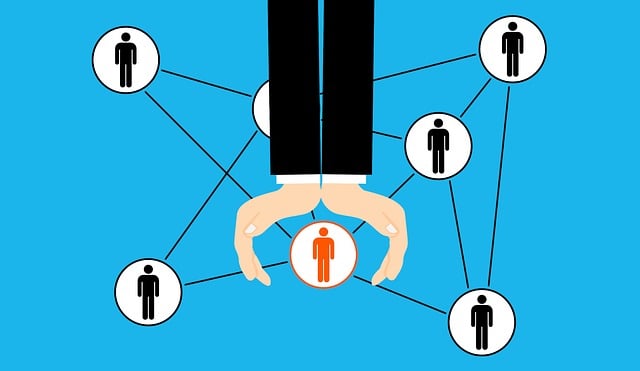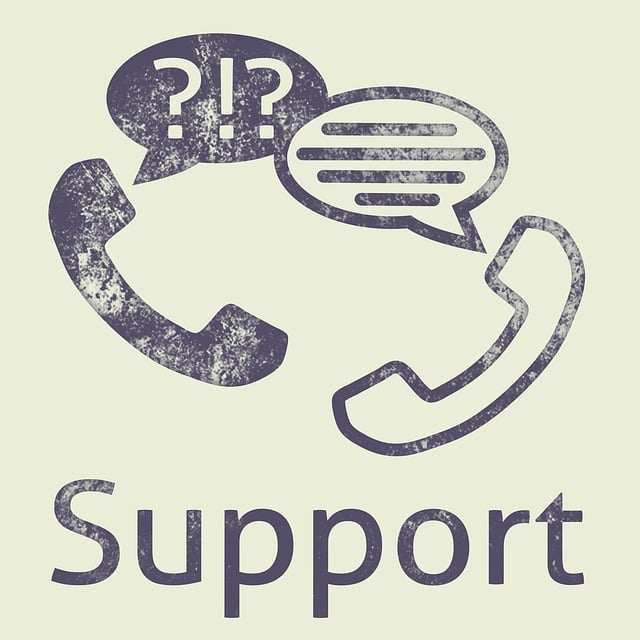Oregon's child support system, managed by the Oregon Department of Social Services (ODSS), prioritizes financial security for children after parental separation or divorce through income withholding, direct payment plans, and flexibility. Parents can access Oregon legal help through programs like the Oregon Law Help program, which offers free to low-cost legal services from specialized non-profit organizations. This assistance simplifies complex laws, document gathering, and representation, fostering healthier co-parenting relationships and more stable environments for children.
“In Oregon, ensuring fair child support arrangements is a crucial aspect of family law. This article guides you through the intricate web of Oregon’s child support system and highlights the available legal resources for parents in need. From understanding eligibility criteria for legal aid to navigating the process, we’ll shed light on how low-income parents can access much-needed support. Explore common challenges and success stories, empowering you with knowledge on seeking Oregon legal help.”
- Understanding Oregon's Child Support System
- Eligibility Criteria for Legal Aid in Oregon
- Available Resources for Low-Income Parents
- Navigating the Process of Seeking Legal Help
- Common Challenges and How to Overcome Them
- Success Stories: Accessing Legal Resources in Oregon
Understanding Oregon's Child Support System

Oregon’s child support system is designed to ensure that children receive financial support from both parents, even after their separation or divorce. It operates under the guidance of the Oregon Department of Social Services (ODSS), which administers and enforces child support orders. Understanding this system is crucial for anyone navigating Oregon legal help regarding child support.
The process involves several key components, including income withholding, direct payment plans, and the ability to modify support amounts based on changing circumstances. Oregon offers various resources to assist parents in meeting their obligations and providing for their children’s well-being. These resources include legal aid organizations that offer Oregon legal help tailored to child support matters, ensuring that all parties involved have access to the necessary tools and information.
Eligibility Criteria for Legal Aid in Oregon

In Oregon, individuals seeking legal aid for child support matters are eligible for assistance based on financial need and the complexity of their case. The Oregon Law Help program offers free or low-cost legal services to those who meet specific income guidelines. Generally, applicants must have an annual household income below 250% of the federal poverty level to qualify. This includes families with children, unwed parents, and individuals facing child support-related issues like modification requests, enforcement actions, or establishing paternity.
Eligibility also considers the type of legal assistance required. Oregon legal help covers a range of services, including initial consultations, representation in court, and advocacy for various family law matters related to child support. Those who need help with paperwork, understanding their rights, or negotiating settlements may find the program particularly beneficial. It’s advised that applicants review the detailed eligibility criteria on the official Oregon Law Help website to ensure they meet all requirements before applying for assistance.
Available Resources for Low-Income Parents

Low-income parents in Oregon facing child support issues can access a range of legal resources designed to assist them. Many non-profit organizations offer free or low-cost legal aid, providing vital support for those who might otherwise struggle to afford representation. These organizations often have attorneys specializing in family law and child support matters, ready to guide clients through the complex legal process.
Oregon Legal Help, for instance, is a state-funded program that connects eligible individuals with free or low-cost legal services. They offer assistance with various aspects of family law, including child support modifications, enforcement actions, and collection defense. Through these resources, low-income parents can navigate the system, protect their rights, and ensure the best possible outcome for their families.
Navigating the Process of Seeking Legal Help

Navigating the process of seeking legal help for Oregon child support cases can seem daunting, but with the right resources and guidance, it becomes more manageable. Many individuals facing child support obligations or disputes find themselves in uncharted territory, unsure where to turn for assistance. Fortunately, Oregon offers a range of legal aid options designed to support parents through these challenging situations.
The first step is to gather information about your specific circumstances, including details about the other parent, any existing court orders, and financial documentation. With this foundation, you can explore various avenues for Oregon legal help. This may include reaching out to local legal aid organizations that provide free or low-cost services, consulting with a private attorney specializing in family law, or taking advantage of state-sponsored programs offering guidance and representation.
Common Challenges and How to Overcome Them

Many individuals facing child support issues in Oregon struggle to navigate the complex legal system, often due to a lack of access to affordable legal resources. Common challenges include understanding intricate laws, gathering necessary documentation, and affording private legal representation. These obstacles can be particularly daunting for low-income parents, who may also face time constraints and limited access to support networks.
Overcoming these challenges requires strategic planning. Oregon offers various free or low-cost legal services through public interest organizations and government agencies. Pro se assistance, where individuals represent themselves, is another option. While it may not be suitable for every case, it empowers people to take control of their situation. Additionally, building a support system with friends or family who can offer guidance and assistance can significantly ease the burden. Utilizing online resources and legal clinics specifically designed to help with child support cases can also provide much-needed clarity and direction.
Success Stories: Accessing Legal Resources in Oregon

In Oregon, access to legal resources plays a pivotal role in ensuring fair and just outcomes for all parties involved in child support cases. Many success stories emerge from individuals who once faced daunting legal challenges but found their footing through available Oregon legal help. These individuals, often parents seeking to understand or modify their child support obligations, discovered that with the right guidance, they could navigate complex laws and reach resolutions beneficial for both them and their families.
Oregon’s commitment to providing legal aid to its residents is evident in the diverse range of services offered. From free legal clinics to pro bono attorneys, these resources have empowered countless Oregonians to assert their rights, negotiate agreements, and make informed decisions regarding child support. As a result, many families have experienced positive transformations, fostering healthier co-parenting relationships and ensuring children grow up in more stable environments.














